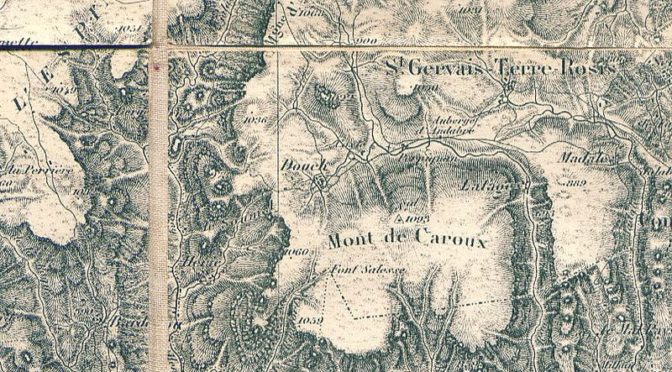CEFRES Francophone Interdisciplinary Seminar.
“Dépaysements”: Clues and Trajectories
In keeping with the traditions of CEFRES, the interdisciplinary seminar proposes to bring together one Friday per month, researchers, doctoral students, alumni and French-speaking friends of the Center to discuss issues at the crossroads of their respective disciplines. We use the notion of dépaysement as a starting point from which to delve into issues of estrangement, adaptation, and cultural production.
Location: CEFRES library, Na Florenci 3, Prague 1
Time: one Friday a month, 10 am–12 pm
Language: French
We will consider displacement as a transport to another place, which may be spatial, temporal, social or cultural, but also as an intellectual process often conceptualised by the term estrangement, which has also been widely developed across our disciplines, from Shklovsky to Ginzburg or Balandier, for example.
The concept of ‘displacement’ encourages us to engage in the processes and phenomena of adaptation, transmission, transfer and reception, and the innovations they bring out during movements and circulations of people, material and cultural productions, as well as social practices.
We invite you to consider and share with us the traces (material, visual, textual) and trajectories of disorientation that you will analyse in your contributions.
For further reading, see : https://cefres.cz/fr/axe-1-deplacements-depaysements-et-decalages-hommes-savoirs-et-pratiques/
and also : https://cefres.cz/fr/aac-femmes-depaysees/
Calendar 2025–2026:
17/10 |
Hugo MOSNERON-DUPIN (Institute of Philosophy, Czech Academy of Sciences)
Ecologically unequal exchange as double “dépaysement”
14/11 |
Marek KETTNER
12/12 |
Spring Semester: 27/2, 20/3, 24/4, 29/5
Below you will find the programmes of Francophone seminars from previous years:

